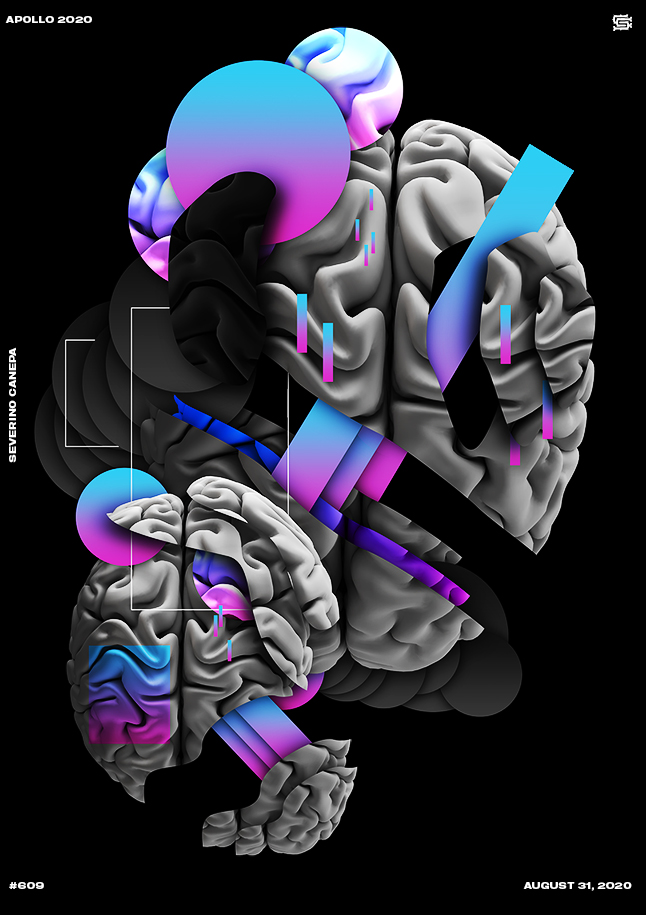
O He demonstrated that memory is not like a tape recorder, but rather that people remember in terms of meaning and what makes sense to the. O He found that people had problems remembering a story from another culture, and that they reconstructed the story to fit in with their own cultural schemas. O British psychologist Frederic Bartlett, who coined the term schema, which is defined as a mental representation of knowledge. O Cognitive psychologists now study cognition in the laboratory as well as in daily context.ģ) Cognitive processes are influenced by social and cultural factors. O Ulric Neisser said that cognitive psychology had become too artificial and that researchers should not forget that cognition cannot be isolated from our everyday experience. O The experimental tasks did not always resemble what people did in their daily lives. O Cognitive psychologists have to a large extent used the experimental method because it was assumed to be the most scientific method.

O From social psychology we know that people who have fixed ideas about other people – this is called stereotyping – may be more prone to discriminate.Ģ) The mind can be studied scientifically by developing theories and using a number of scientific research methods. O There is a subtle relationship between how people think about themselves and how they behave. This information is processes in the mind by top-down processing via pre-stored information in the memory. O Information input to mind comes via bottom-up processing – that is from the sensory system.

O Mind is like a complex machine, with the brain being hardware and mental representations being software. There are three fundamental principles of cognitive level of analysis ġ) Human beings are information processors, and mental processes guide behavior.

Cognition us based on one’s mental representations of the world, such as images, words and concepts. Cognitive processes include perception, thinking, problem solving, memory, language, and attention. Cognitive neuroscience combines knowledge about the brain with knowledge about cognitive processes. Cognitive psychology concerns itself with the structure and functions of the mind.


 0 kommentar(er)
0 kommentar(er)
